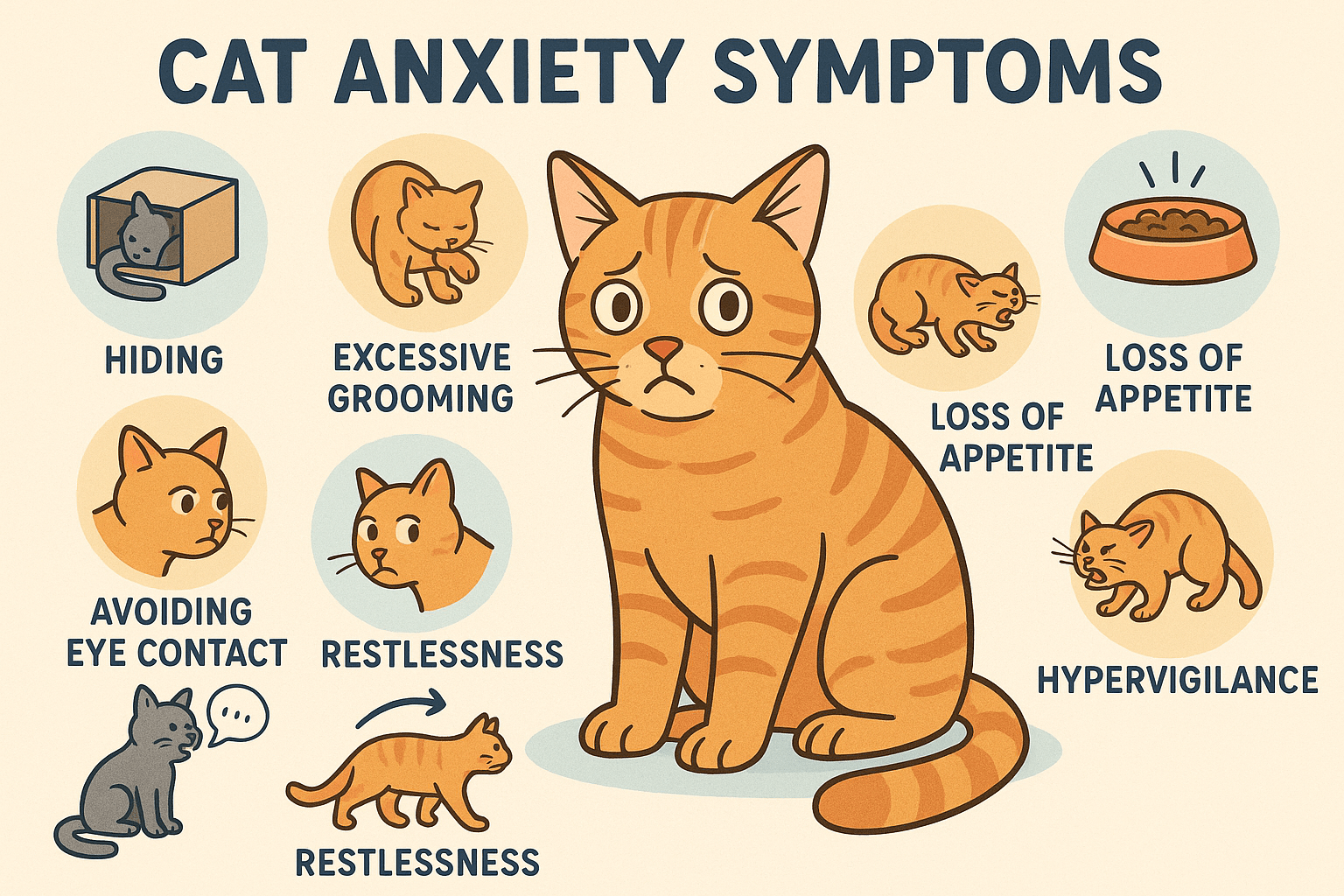Why Does My Dog Lay on My Feet? Unpacking Canine Behavior
If you’re a dog owner, chances are you’ve experienced the warm and fuzzy feeling of your furry friend curling up at your feet. But have you ever wondered why your dog chooses this particular spot to rest? Is it just a random habit, or does it hold deeper meaning? Understanding this behavior can not only strengthen your bond with your pet but also give you insight into their emotional and physical needs. In this blog post, we’ll explore the reasons behind this adorable yet curious canine habit and what it says about your relationship with your four-legged companion.
The Emotional Connection: Why Dogs Seek Comfort Near You
Dogs are known for their strong emotional bonds with their owners, and laying on your feet is often a sign of affection and trust. Let’s break down some key reasons why your dog might be drawn to this behavior:
- Security and Safety : Your presence provides a sense of security for your dog. By staying close to you, they feel protected from potential threats.
- Pack Mentality : Dogs are pack animals by nature. In the wild, staying close to the leader of the pack ensures survival. Your dog sees you as their leader and feels safest near you.
- Comfort and Warmth : Your body heat is comforting to your dog, especially during colder months. Laying on your feet allows them to stay cozy while remaining connected to you.
- Marking Territory : Dogs have scent glands in their paws. By resting on your feet, they may be subtly marking you as part of their territory.
These behaviors highlight the deep emotional connection between you and your dog. Whether it’s for comfort, security, or simply showing love, this habit is a testament to the special bond you share.
Physical Reasons Behind This Behavior: Is It Always Emotional?
While emotional factors play a significant role, there are also physical reasons why your dog might choose to lay on your feet. Let’s take a closer look at some possible explanations:
- Joint Pain or Discomfort : Older dogs or those with arthritis may find it easier to lie on your feet because the surface is soft and supportive.
- Temperature Regulation : Dogs don’t sweat like humans do, so they rely on external factors to regulate their body temperature. Your feet might provide the perfect cooling or warming spot depending on the season.
- Limited Space : If your home is small or crowded, your feet might simply be the most accessible and comfortable spot for your dog to rest.
- Health Issues : In some cases, excessive clinginess, including laying on your feet, could indicate underlying health concerns. Monitor your dog for other unusual behaviors.
While emotional reasons are often the primary driver, it’s essential to consider these physical aspects to ensure your dog’s well-being. If you notice any signs of discomfort, consult your veterinarian for further guidance.
Expert Opinion: The Significance of Canine Closeness
As a canine behavior specialist, I believe that a dog laying on your feet is one of the most sincere expressions of trust and affection. This behavior underscores their need for connection and security, while also highlighting the unique bond humans share with their dogs. Understanding it allows us to nurture this relationship further and ensure mutual happiness.

Pros of Dogs Laying on Your Feet | Cons of Dogs Laying on Your Feet |
|---|---|
Strengthens the bond between you and your dog | Can be uncomfortable if your dog is large or heavy |
Provides warmth during colder months | May restrict your movement or cause inconvenience |
Indicates trust and loyalty | Could signal health issues if the behavior is sudden or excessive |
Helps your dog feel safe and secure | Might lead to possessive behavior in some cases |
Training and Boundaries: Managing This Behavior Effectively
While having your dog lay on your feet can be endearing, there may be times when you need to set boundaries. Here’s how you can manage this behavior without disrupting your bond:
- Positive Reinforcement : Reward your dog when they choose a different spot to rest, such as their bed or a designated area.
- Consistent Commands : Use clear commands like “off” or “go to your bed” to redirect their behavior gently.
- Provide Alternatives : Offer a cozy dog bed or blanket near your feet to encourage them to rest nearby without invading your personal space.
- Patience and Understanding : Remember that change takes time. Be patient as your dog adjusts to new routines.
By setting boundaries in a loving and consistent manner, you can ensure that both you and your dog remain happy and comfortable.
When to Be Concerned: Signs of Underlying Issues
While laying on your feet is generally a harmless and affectionate behavior, there are instances where it might indicate something more serious. Here’s what to watch out for:
- Sudden Changes in Behavior : If your dog suddenly starts laying on your feet excessively, it could signal anxiety or stress.
- Aggression Toward Others : If your dog growls or shows aggression when someone approaches your feet, it may be a sign of possessiveness.
- Lethargy or Loss of Appetite : These symptoms, combined with clinginess, could point to an underlying health issue.
- Excessive Licking or Pacing : Such behaviors might indicate discomfort or pain that requires veterinary attention.
If you notice any of these signs, it’s crucial to consult a professional to rule out medical or behavioral problems. Early intervention can make all the difference in ensuring your dog’s well-being.
How This Behavior Strengthens Your Emotional Well-Being
Your dog laying on your feet doesn’t just benefit them—it can also have a positive impact on your emotional health. Here are some ways this behavior enhances your well-being:
- Stress Reduction : Studies show that interacting with dogs lowers cortisol levels, and having your dog close by can amplify this calming effect.
- Increased Happiness : The presence of your dog can boost serotonin and dopamine levels, making you feel happier and more relaxed.
- Sense of Purpose : Caring for a dog who seeks comfort from you reinforces feelings of being needed and valued.
- Mindfulness : Observing your dog’s peaceful demeanor while resting can encourage you to stay present in the moment.
This simple act of connection not only strengthens your bond but also enriches your emotional health. It’s a reminder of how deeply intertwined our lives are with our pets.
What This Habit Reveals About Your Dog’s Personality
Your dog’s tendency to lay on your feet can provide clues about their personality and temperament. Here’s what this behavior might indicate:
- Affectionate Nature : Dogs who frequently seek physical closeness are often naturally loving and enjoy forming strong bonds.
- Dependence vs. Independence : A dog who insists on laying on your feet may lean toward being more dependent, while one who does it occasionally might be more independent.
- Confidence Levels : If your dog feels secure enough to rest at your feet in new environments, it shows they trust you to protect them.
- Social Preferences : Some dogs prefer human companionship over interacting with other animals, and this behavior highlights that preference.
By observing your dog’s habits, you can better understand their unique personality and tailor your interactions to suit their needs.
How Weather and Seasons Affect This Behavior
The frequency of your dog laying on your feet can vary depending on the time of year. Seasonal changes influence their behavior in subtle yet noticeable ways:
- Winter Warmth : During colder months, your dog is more likely to seek out warm spots, such as your feet, to regulate their body temperature.
- Summer Cooling : In warmer weather, dogs might avoid direct contact but still position themselves nearby to stay connected without overheating.
- Rainy Days : On gloomy or stormy days, your dog may feel more anxious and seek extra comfort by staying close to you.
- Activity Levels : Seasonal shifts in activity (e.g., less outdoor play in winter) can make your dog more inclined to relax near you indoors.
Understanding these seasonal patterns helps explain why your dog’s behavior might change throughout the year. Regardless of the season, their actions always reflect their deep attachment to you.
FAQ
Is it normal for my dog to lay on my feet all the time?
Yes, it’s quite common and usually a sign of affection, trust, or a desire for security.
Why does my dog only lay on my feet when I’m sitting down?
Your dog likely associates sitting with relaxation, making it the perfect time to seek closeness and comfort.
Should I discourage my dog from laying on my feet?
Not necessarily. However, if it becomes inconvenient or problematic, you can gently redirect the behavior.
Can this behavior be a sign of separation anxiety?
Yes, excessive clinginess, including laying on your feet, can sometimes indicate separation anxiety.
What should I do if my dog seems uncomfortable while laying on my feet?
Monitor for signs of pain or discomfort and consult your veterinarian to rule out any underlying health issues.
Final Thoughts: Celebrating the Bond with Your Dog
Understanding why your dog lays on your feet offers valuable insights into their emotional and physical needs. Whether it’s a sign of love, a need for security, or simply a way to stay warm, this behavior reflects the unique connection you share. By recognizing the reasons behind it and addressing any concerns, you can ensure that both you and your furry companion enjoy a harmonious and fulfilling relationship. So the next time your dog curls up at your feet, take a moment to appreciate the unconditional love and trust they’re showing you—it’s truly one of life’s simplest joys.
High Liver Enzymes in Cats: Best 7 Expert Tips! Discover causes, symptoms, and treatment options for elevated liver enzymes in cats. Learn how to support your cat’s liver health effectively.
Bengal Cat Health Problems: Best 7 Expert Tips! Discover expert advice on common Bengal cat health issues, preventive care, and tips to keep your feline friend healthy and happy for years to come.
X-Ray vs CT Scan for Cats: Best 7 Expert Tips! Discover key differences, benefits, and expert advice on choosing the right imaging method for your cat’s health needs.
Cat Anxiety Symptoms: Best 7 Expert Tips! Discover signs of feline stress, effective calming strategies, and expert advice to help your cat feel safe, happy, and relaxed at home.





